Omniscient Reader: A Box Office Smash That Left Fans Furious—Here’s Why
Input
Modified
A story once read, now shown on screen, But the reader’s soul is lost between, Fandom roars where faith has been.
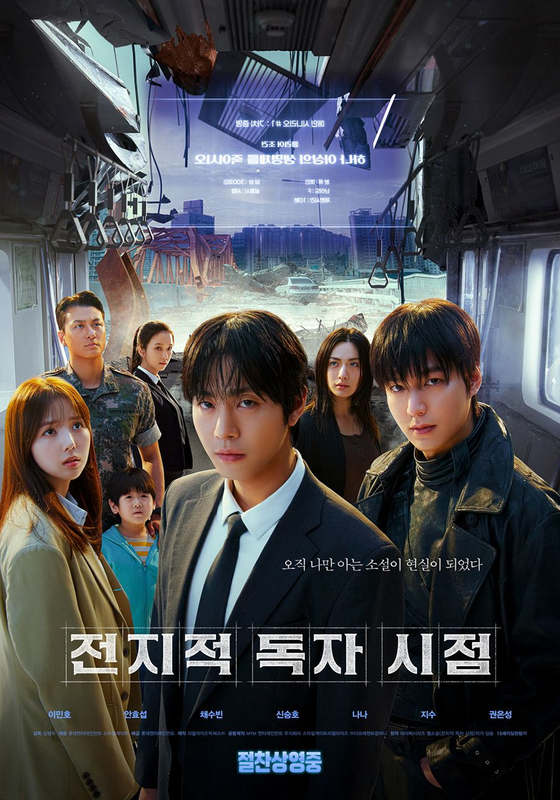
Omniscient Reader: The Prophet took Korea’s box office by storm just days after its release. Directed by Kim Byung-woo and featuring an A-list cast including Ahn Hyo-seop and Lee Min-ho, the film pulled in over 600,000 viewers in its first five days. But behind the glowing numbers, disappointment has been simmering—especially among long-time fans of the original webnovel.
According to the Korean Film Council, the film drew 427,362 moviegoers over the weekend of July 25–27, pushing its total to 627,890 viewers. Internationally, it made waves in Taiwan, setting the record for the biggest Korean movie opening since 2021. With intense visuals and a gripping post-apocalyptic setting, Omniscient Reader: The Prophet had all the makings of a summer blockbuster.
The story follows Kim Dok-ja, the lone reader of a novel that suddenly comes to life. Thrust into a chaotic world, he must navigate survival alongside the novel’s characters—including its main protagonist, Yoo Joong-hyuk. Based on Sing-Shong’s mega-hit webnovel Omniscient Reader’s Viewpoint, which has been read over 200 million times globally, the film promised to deliver something epic.
And on the surface, it did. Large-scale action, high-end Korean tech (K-tech) visuals, and a polished production had audiences raving. Reactions like “I couldn’t look away” and “Two hours flew by” flooded social media. But for the very community that made Omniscient Reader a global success, this adaptation felt like something else entirely: a letdown.
X and Reddit: A Storm of Disappointment from the Core Fans
For those who followed Omniscient Reader’s Viewpoint for years, the film wasn’t just inaccurate—it missed the heart of the story. The biggest criticism wasn’t about action scenes or production values, but the narrative choice that stripped Kim Dok-ja of his identity as the “omniscient reader,” the very soul of the plot.
A now-notorious quote from the production team lit the fuse:
“Kim Dok-ja is like someone who holds a treasure map… but that’s a niche kind of fun. So we focused instead on the theme of solidarity and cooperation.”
That line sparked collective outrage. One viral post on X by user @cvnide shot back:
“THE NICHE IS WHY IT’S POPULAR! IT’S CALLED OMNISCIENT READER’S VIEWPOINT.”
Other fans slammed the team’s claim that the “core message” of the novel hadn’t changed. “Yes you did, actually,” one user snapped. Many argued that if the story had to be altered this drastically, the film should’ve been marketed simply as “inspired by ORV,” rather than a faithful adaptation.
More pointed remarks followed:
“They just don’t get the point of fans’ criticism,”
“They didn’t do their homework and blamed fans for pointing out their mistakes.”
To long-time readers, the problem wasn’t just what was changed—it was how little respect was shown to the original.
Reddit’s r/manhwa community echoed the frustration. One heavily upvoted comment put it bluntly:
“Just opening the first 20 chapters you can see that that’s not feasible to translate to LA… what do you have to be smoking to think this was a good idea?”
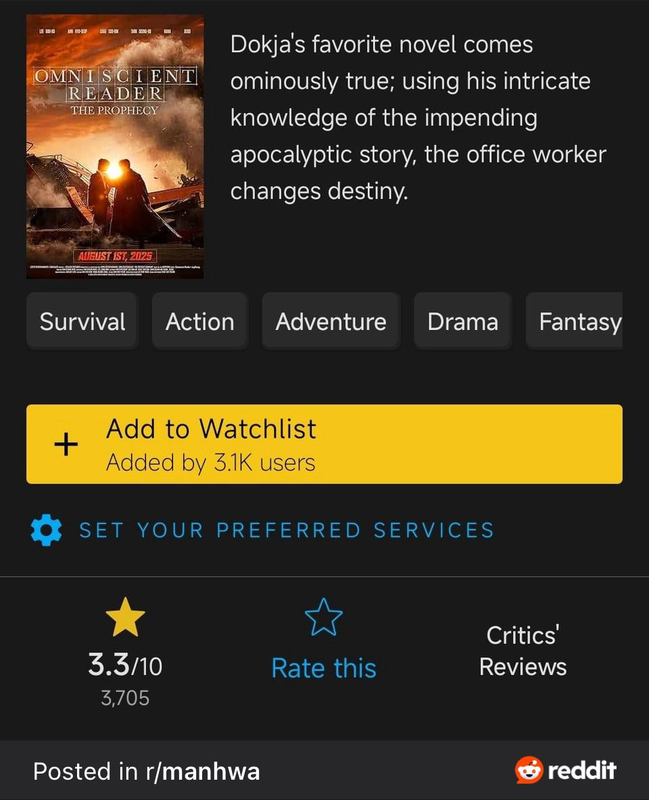
Interestingly, not all fans were purely negative—some offered alternatives. Instead of compressing the entire story into a two-hour movie, they suggested focusing on one arc, like Yoo Joong-hyuk’s first regression, or crafting an original character within the same universe—complete with subtle cameos and Easter eggs.
“The premise and plot are interesting and expansive enough that you could tell almost whatever story you wanted.”
But none of these creative options were taken. And now, many viewers say the film might end up as nothing more than “cheap late-night cable filler,” despite all its early hype.
Adapting IP: Big Payoff, Bigger Risks
This case is a sharp reminder that adapting beloved IPs is a double-edged sword. On one hand, a loyal fanbase can guarantee explosive opening numbers. On the other, they carry high expectations—and many won’t hesitate to turn against a project if they feel betrayed.
Fandoms, when happy, become the most powerful promotional tool. But when disappointed, they can spark digital firestorms.
“They’re not just early adopters,” said Han Junghoon, CEO of Entertech Hub. “They’re your marketing engine. But if you let them down, they can become destructive.”
Just in 2025, over 50 IP-based projects have aired in Korea. Some, like Fine: Country Bumpkins and The Trauma Code, saw massive success, boosting both traffic and revenue for their source material. But others stumbled—like Illang: The Wolf Brigade and anime The Strongest King—accused of losing the heart of their stories.
Omniscient Reader: The Prophet shows how powerful IP can drive millions to theaters. But an adaptation isn’t just a retelling—it’s about preserving what made the original special. When fans feel their beloved story has been simplified, commodified, or misunderstood, numbers alone aren’t enough to restore broken trust. In the end, it may not be how many people saw the film that defines its legacy—but how many still care enough to stand by it.
Sources: Dispatch via Naver, it.chosun.com, Chosun Biz.



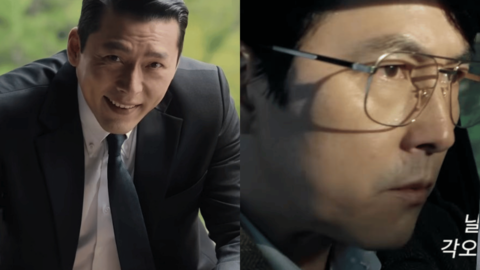
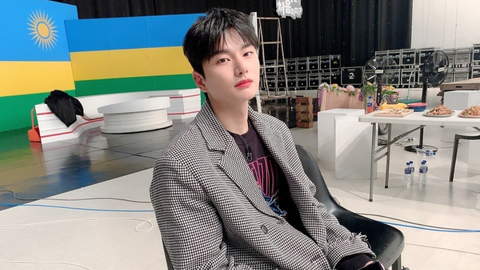
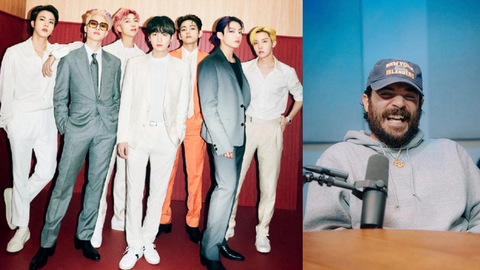



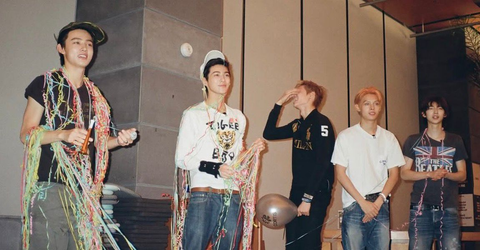

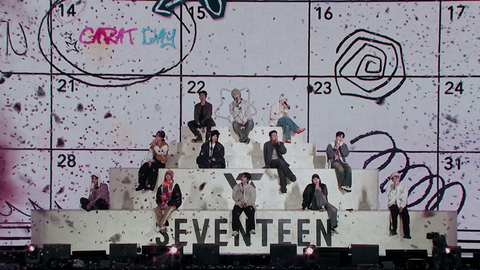
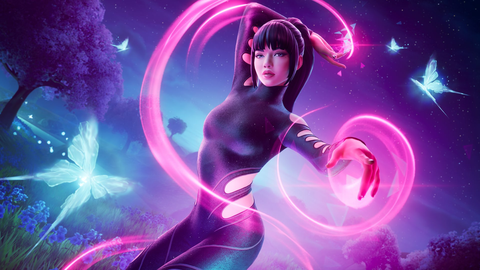
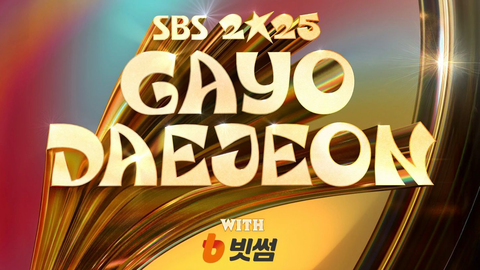
Comment
11 Responses
I enjoyed the action scenes! But now I’m curious - how different is the novel? Might need to read it during my next PTA meeting break
Typical. Production teams always blame fans when their ‘creative choices’ flop. Maybe listen to the readers next time?
@NaRi_Min Exactly! Creative freedom shouldn’t mean ignoring what made the story special in the first place. If they had truly understood the novel’s depth, they wouldn’t have reduced it to just ‘solidarity and cooperation’… A good adaptation respects its source, not overwrites it
Creative freedom shouldn’t mean ignoring what made the story special in the first place. If they had truly understood the novel’s depth, they wouldn’t have reduced it to just ‘solidarity and cooperation’… A good adaptation respects its source, not overwrites it 
I was actually kinda interested in watching it. But after seeing the reviews on local sites—yikes, they’re brutal. Not gonna waste my money on that mess🥶
Exactly!! I don’t get how the production team dares to call it an “adaptation” when they’ve changed some plot points—or even the whole thing!
As a high school student who literally grew up reading ORV after cram school, this movie felt like a slap in the face. It’s not just about changing details—it’s like they didn’t even get what the story meant. Kim Dok-ja wasn’t just a survivor, he was the story. If you remove that, what’s the point?
Don’t! Just don’t watch it! It’s honestly disgusting. Trust me. Those saying it’s good… I don’t know, maybe they just want to respect the production team’s hard work—but truthfully, there was barely any real effort put into staying true to the story
Lee Min-ho as Yoo Joong-hyuk was but where was the iconic ‘reader vs protagonist’ dynamic? That’s like making ramen without broth
but where was the iconic ‘reader vs protagonist’ dynamic? That’s like making ramen without broth 
It hasn’t even been released in Indonesia yet, but the ratings have already plummeted. Well then—sorry, but a work should be appreciated for its quality, not out of pity for the production team. So no, I’m not interested in watching it.
I don’t know why, but I’m still curious to watch it, just to kill time. I kinda want to see for myself how bad it really is, like everyone says
OMG you MUST read it!! The novel makes you feel like you’re INSIDE the story with Dok-ja The movie skipped all the mind-blowing meta layers!
The movie skipped all the mind-blowing meta layers!